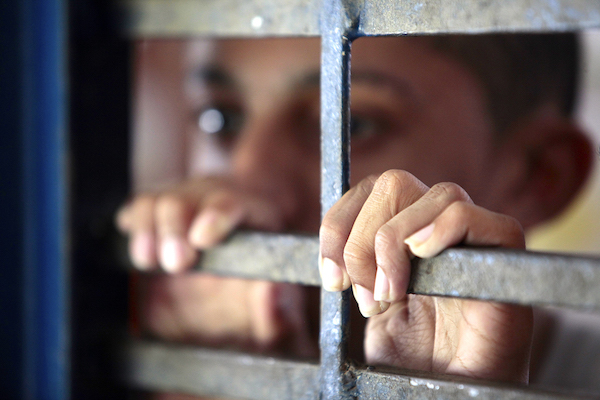The House of Representatives will soon finalize their stance on the age of criminal liability. They are expected to push in support of House Bill No. 505, which lowers the age of criminal liability from 15 years old to 9 years old. The House of Representatives Justice Panel just approved the bill. The Senate has yet to tackle this issue but is allegedly set to hold discussions on the bill this week.
What the bill specifically dictates is that “those above 9 years of age but under 18 years old shall be exempted from criminal liability unless he/she acted with discernment.”
There are still some steps that it has to pass through before this amendment to the Juvenile Justice Act of 2006 is either accepted or refused. This time is being used by some to either attack or defend the bill. For those undecided, it could also be a good time to form an opinion on it.
The Pro’s
Politicians who support this amendment justify it by parallelizing it with other countries that have a low criminal age. Several federal states in America operate on the common law age of 7. The United Kingdom and Indonesia prosecute criminally from the age of 8, while Asian countries like India and Singapore do so from the age of 7.
They also cite curbing crimes as a benefit. Individuals are starting to involve themselves in crimes and deviant behaviors at a younger age today. There are even children who commit rape, murder, and/or homicide. Some say it is the act and the gravity of harm that should be judged, and the not the age of the perpetrator.
This is in line with the fact that the bill punishes on the basis of intent. A crime committed by those above 9 but under 18 will only be prosecuted if proven to be premeditated. This means that the crime had to be clearly planned or deliberate to be an offense.
The con’s
Those against it say that the proper implementation of the Juvenile Justice and Welfare Act should be enough to address the problem of youth criminality. If their concern is crime syndicates using children to commit the crime, then the status quo also enforces intervention and protection of that child. The problem becomes the weak implementation of current laws, which weakens the separate justice system for children that ought to exist.
Jackielou Bagadiong, a Juvenile Justice and Welfare Council (JJWC) policy and research officer, even argues that it’s more likely for children to become criminals should they be put in jail. This is because jails in the Philippines are considered ‘schools of crime’. She says that “if a child enters jail, one can be assured that when he or she comes out, she will have had a network of criminals that can assist him or her later on.”
While psychologists offer the logic that children of that age simply aren’t developed enough to hold accountable. Dr. Liane Peña Alampay, a developmental psychologist and member of the Psychological Association of the Philippines (PAP), explains that the higher-order thinking capacities are those which take the longest to develop. This governs “the ability to plan, make long-term decisions, control impulses, regulate behaviors, and all those capacities that make a person mature, responsible, and accountable.”
(Also Read: Catcalling, Stalking, and Online Sexual Harassment might soon be criminalized in the Philippines)
Conclusion
Clearly, both sides have their reasons for taking their respective stance. Only you can decide for yourself which one you should take if any at all.
Do you think the age of criminal liability should be lowered? Share your side with us in the comments!
Sources: Rappler, YouthPolicy.Org, PLCPD Foundation





